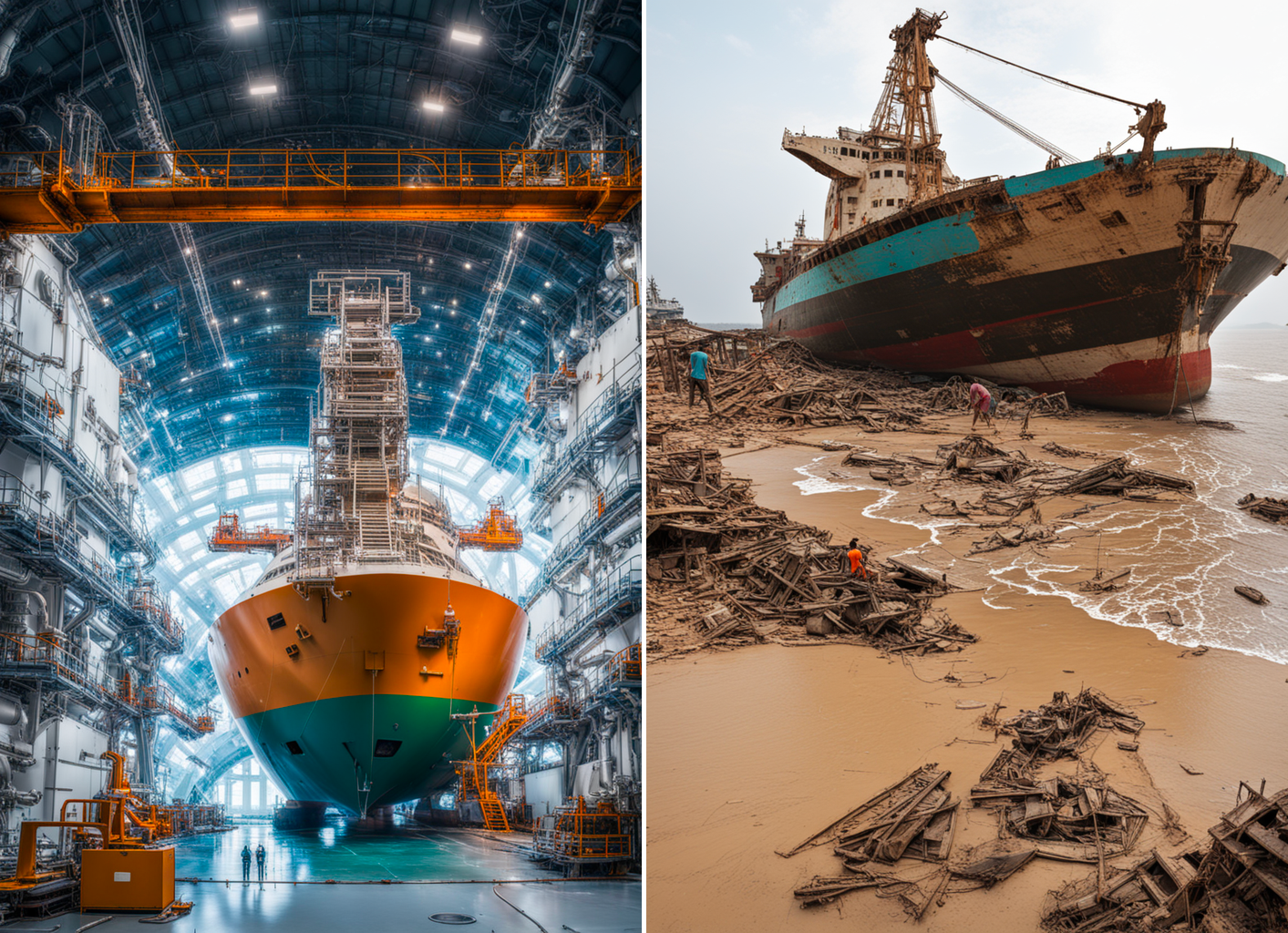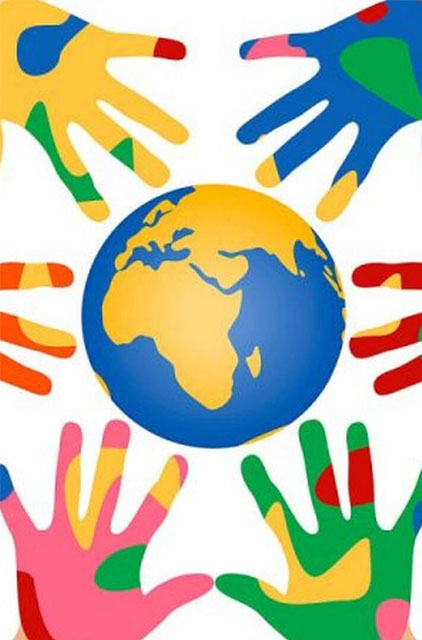The "Sustainability Journey" provides guidance for companies to assess their sustainability levels. From reactive "Crisis Management" to the proactive integration of sustainability as a corporate purpose, it enables a customized strategy.
SHIP DISPOSAL: EUROPE’S DIRTY PRACTICE
The shipping industry is facing profound changes due to new international regulations, which are having a significant impact on the industry as well as Europe's environmental responsibility. In this context, the question emerges: How will end-of-life container ships be dismantled in the future?
Usually, the topics of digitization and sustainability are considered and developed separately in companies. With the help of the Twin Transition, synergies of the digitization and sustainability goals can be considered simultaneously. This leads to a turbo booster and ensures efficient corporate success.
A growing number of large and medium-sized companies are confronted with extended reporting obligations on non-financial sustainability topics. The forthcoming European Union regulation will make it mandatory for them to identify "material topics". If implemented correctly, this represents a major strategic opportunity for the companies concerned.
OUR ASSESSMENT FOR YOUR SUSTAINABILITY CHECK
Sustainability, environmental protection and social justice – these are just three of the many buzzwords that have developed in recent years and demand a change in business and society. With the Sustainability Assessment, we offer you the opportunity to evaluate your own sustainability performance quickly and free of charge.
GETTING STARTED WITH SUSTAINABILITY WITH THE MATERIALITY ANALYSIS
Conducting a double materiality assessment often forms the basis of a sustainability strategy and will become mandatory for many companies when the CRSD guidelines come into force. See our news article for details on the topic and Multiversum's approach.
The German government has agreed on a draft supply chain law. The EU is also already discussing a corresponding regulation. What are the consequences for companies and what do they need to bear in mind now?









